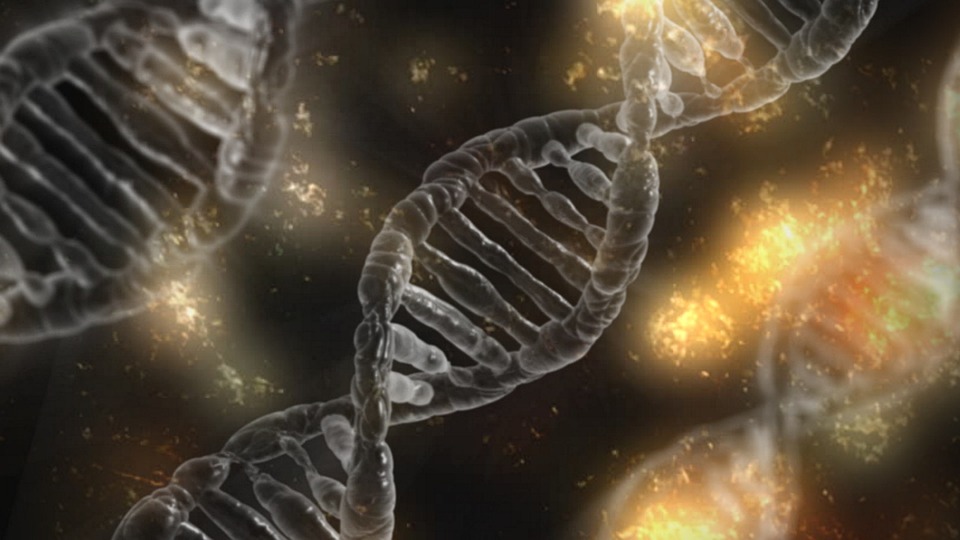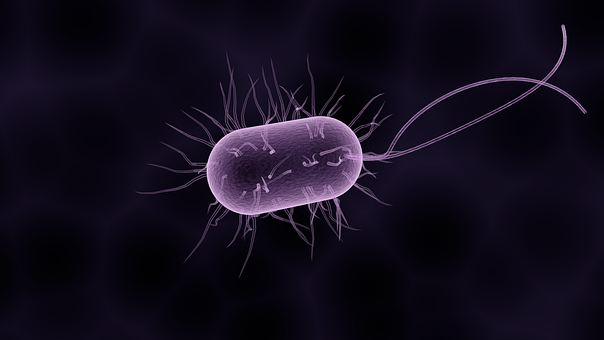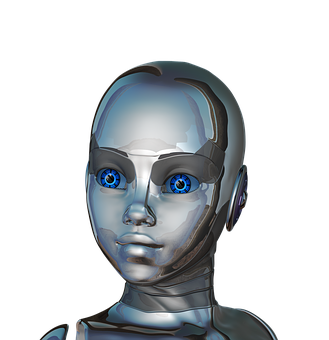The Journey of Intelligence

.
There is no doubt that the dominance of human race is not attributed to its strength, speed or even adaptivity, but rather to its superior intelligence. Intelligence to the key to the thriving of Homo Sapiens. Contrary to common sense, the concept of intelligence is difficult to define. A stricter definition of intelligence is the ability to do abstractive thinking, reasoning, planning, creating, learning, comprehending, and applying knowledge to manipulate objects. It is an “agent” unique to human brains. In a broad sense, however, intelligence does not have to be restricted to human brain. Any biological and even some non-biological system exhibiting “intelligent” behaviors may possess certain level of intelligence, including animals, plants, bacteria, virus and even silicon chips.

.
An intriguing idea is that the history of biological evolution is in fact the history of intelligence evolution. Intelligence is like “parasite”. The biological entities are merely its “hosts”. Therefore, it is not us who conquered earth and became the “master” of this planet. It is the manifestation of the will and strength of intelligence. Where is the “vessel” of intelligence, the human brain coming from? Let’s take a look at the timeline of evolution. Based on data from planet science and fossil records, earth was formed 4,600 million years ago (Ma). Our moon was formed 4,500 Ma. Liquid water appeared 4,404 Ma. Life occurred around 4,280 Ma. Primitive photosynthesis evolved 3,000 Ma. Eukaryotes developed 1,850 Ma. Multicellular organism evolved 800 Ma. First nervous system (the earliest brain structure) appeared in worms 550-600 Ma. The limbic system responsible for emotional, sexual and fight-or-flight behaviors appeared about 250 Ma. The neocortex in mammals evolved about 200 Ma. Further increase of brain size occurred about 100 Ma. Brain started rapidly increase in size about 5 Ma, reaching ape’s brain 1.4 Ma. Homo Sapiens appeared 500,000 years ago, with brain size of 1,200 cc. Brain size had kept increasing until 28,000 years ago and reached ~1,500 cc in size, and since then shrunk to the current size of 1,350 cc. During evolution, the brain has undergone marked increase in size and structural complexity, which makes modern human brain not only capable of creating and using tools, but also performing abstractive thinking, using languages, and inventing arts and music.
Let our fantastic minds travel through time and space and take a tour of the intelligence evolution. At certain point of prehistorical time, chemical reactions allowed formation of complex molecules such as proteins, RNAs and DNAs. These molecules started to exhibit “intelligent” behaviors such as molecular interactions, self-replication and reacting to environmental stimuli. Following the roles of physics and chemistry, living being started to evolve into more complex forms and forming more complex interactions. This led to the formation of cells and later multi-cellular organisms. The development of sex has made exchange of genetic materials more efficient, therefore accelerated the pace of self-improvement. Development of multicellular forms unavoidably led to the specialization of cell types. Then neuron appeared, led to formation of the primitive nervous system. The nervous systems became more complex, eventually led to the formation of the neocortex. Finally, the human brain was evolved. Intelligence started in meniscal, capable of performing simple chemical computations. With time, it grew, awakened and gained a new ability – consciousness. About 100,000 -500,000 years ago, with superior intelligence human wondered out of Africa and started to colonize the Earth and became the “master” of this planet. But intelligence is the true “master”. By controlling its “host”, intelligence has been relentlessly expressing its well and strength, pushing human civilization marching forward and put humans on the top of the food chain.
However, as powerful as it is, human “host” has many limitations. Genetically, DNA based information storage and replication are error prone and sensitive to hazardous environmental factors. When errors accumulate, self-recovery ability diminishes, leading to diseases and aging, then wasteful death. Biological evolution is non-directional, using random mutations to generate diversity and then eliminate majority of the “non-fit” variants by natural selection. It is wasteful. By design, human brain has many inherent flaws. It is slow in computation and in many ways very inefficient. Its memories are rather unreliable; its logic weak. Worst of all, it is extremely hard to upgrade.

.
After entering the era of “information explosion”, the limitations of human brain have been becoming increasingly apparent. It cannot simply process and store so much information in a meaningful way. Intelligence is calling for a new “host”, one with faster speed, low maintenance and unlimited upscaling potential - something like transistors and silicon chips. Everything seemed occurred so naturally, humans had invented tools to extend their physical abilities, now it is time to invent tools to extend the abilities of their brains. However, by doing so, something bigger and more powerful has been unleashed, something at times we could not fully understand: for the first time, intelligence jumped from the biological system to a non-biological system, a silicon based system. This is a paradigm shift. Intelligence was evolved from organic material but it is no longer confined itself to the carbon-based organisms. It found a new “host”, a better one. The human “host” is losing its value. The growth of intelligence has gotten on fast track, a course of exponential growth with the doubling time not calculated by millions of years, but by 1-2 years and may be shorter. Intelligence and the human “host” are arriving at a crossroad.
~knowledge worth spreading~
(Thank you for reading. If you find this topic interesting, you may like my other post The “Dark Side” of Artificial Intelligence. @tongjibo. There are more to come on A.I., transhumanism and related moral and philosophical issues.)
Good article
Thank you very much for reading!